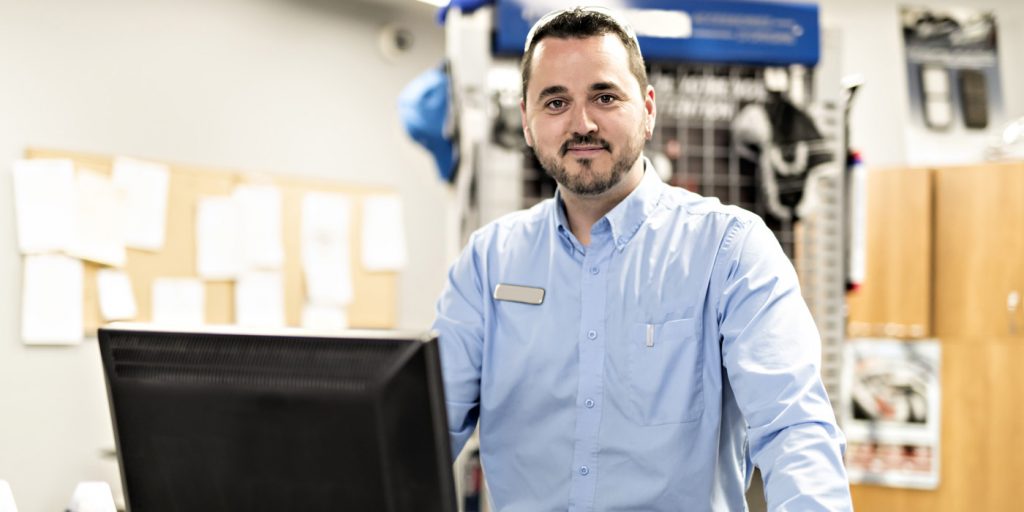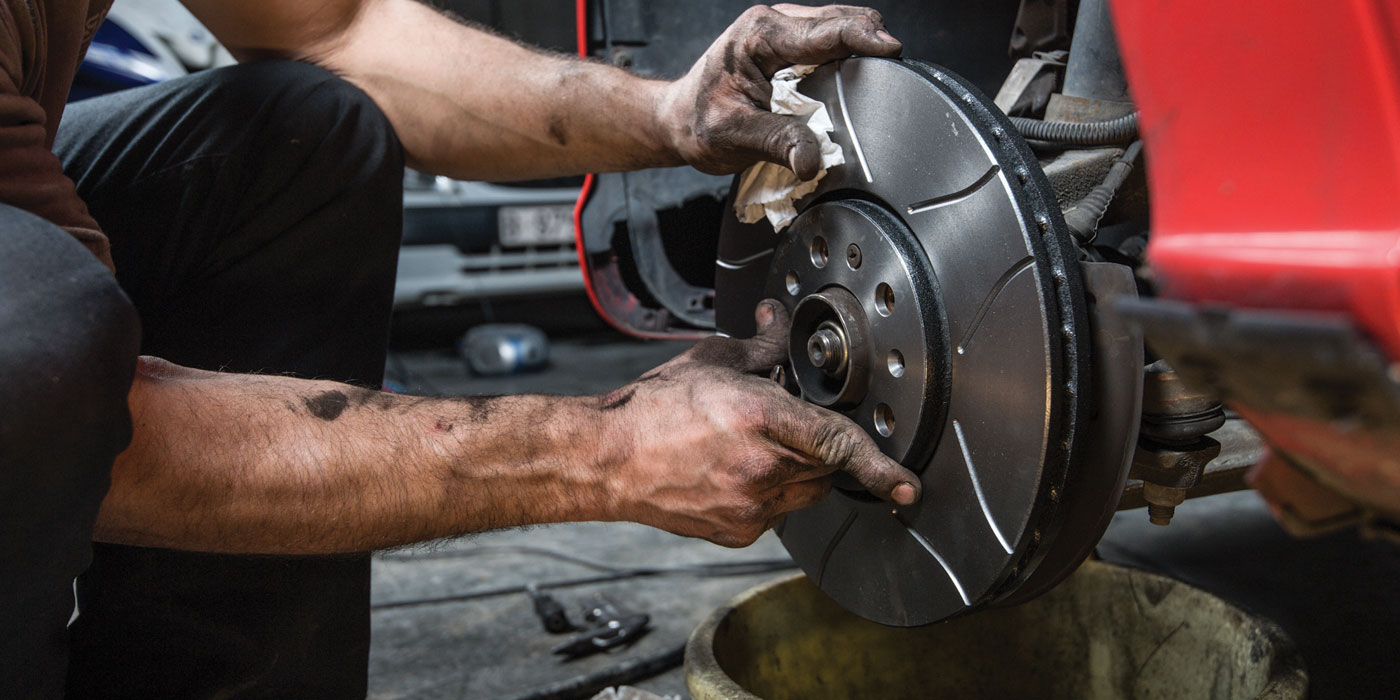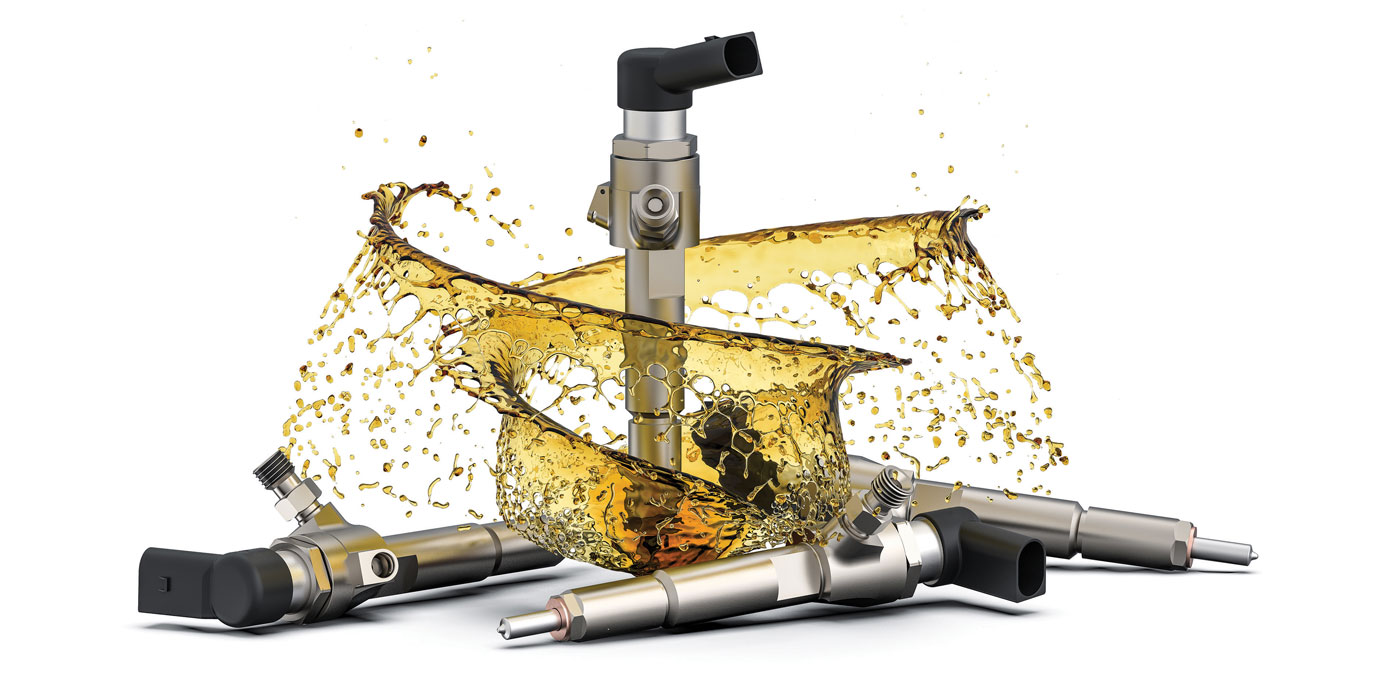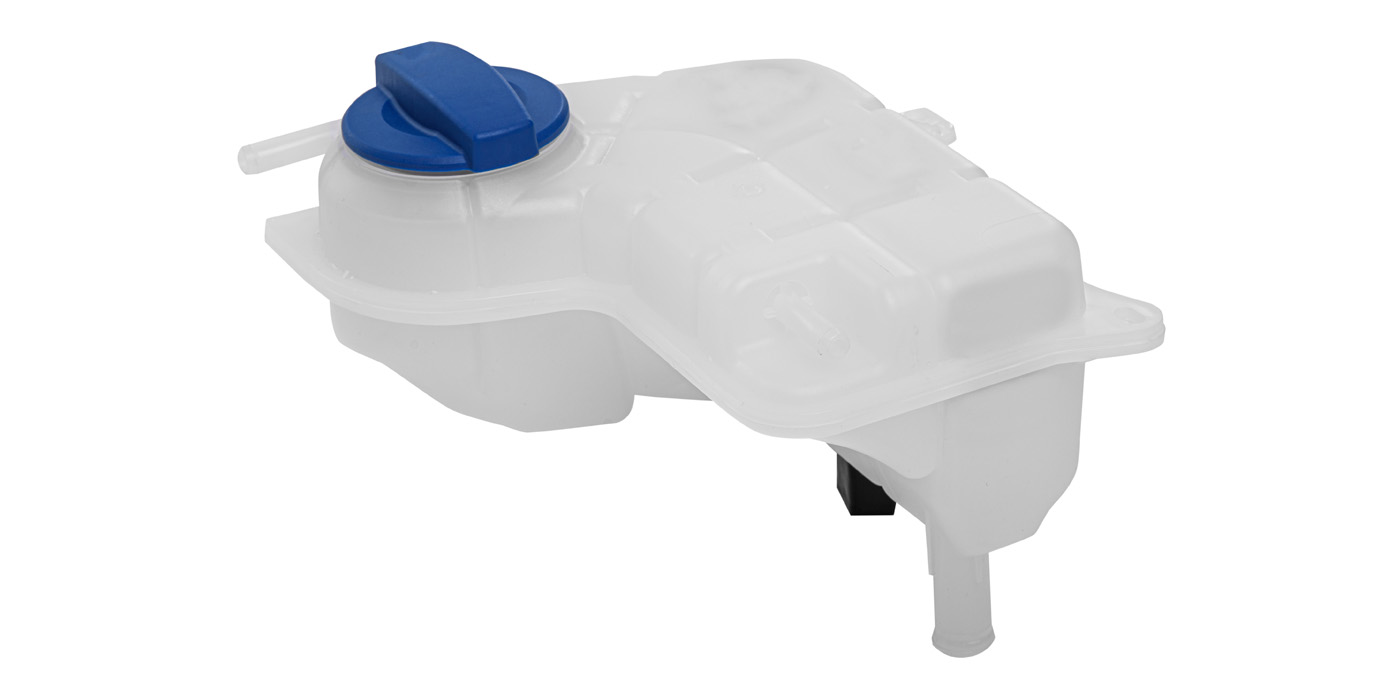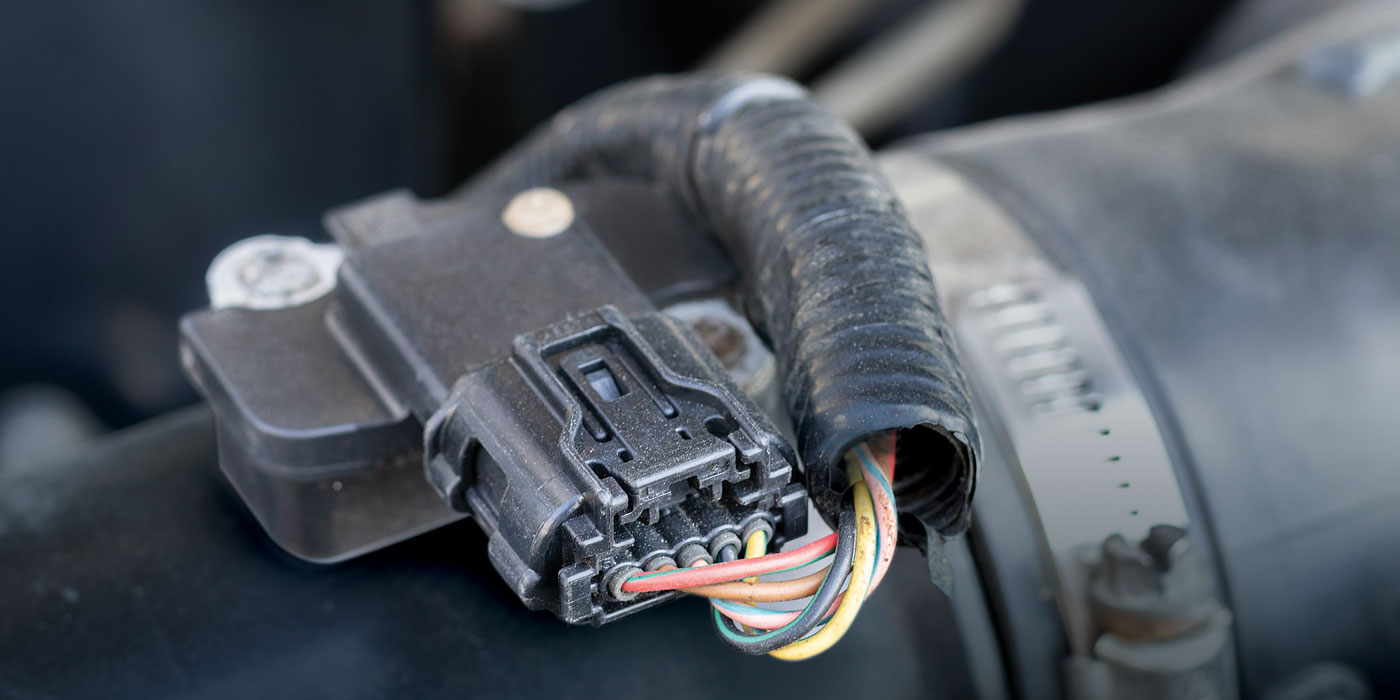People find their way into the parts industry for many reasons. For some, it’s just another part-time job, or a temporary gig. Others have a passion for cars, or are transitioning from a previous career as a technician. Many parts specialists can trace their journey back to their days as a delivery driver, and some of them have aspirations of managing their own stores.
Just as making the jump from delivery to the counter means acquiring or strengthening a different set of skills, the transition from the counter to the manager’s office requires a whole new range of responsibilities.
Fortunately, most of the essential skills for management are built upon similar skills developed at the counter. These skills can be divided into two basic categories: “hard” skills and “soft” skills.
Hard skills are those technical abilities and knowledge you’ve acquired and developed in your time at the counter. Hard skills are task-oriented, and useful in dealing with individual situations, such as cataloging parts for your customers. These are important for the manager to have (and to keep sharp) so they can teach, train and develop their employees. They also are critical for those times when the manager is called upon to fill in for someone at the counter, or when a customer-service situation escalates to the managerial level.
Soft skills are harder to define, but are more essential to the manager’s role than technical proficiency. Think of them as the “people skills” required to lead a team effectively, and those needed to guide your business forward. As a parts specialist, you’re already well-versed in several forms of communication, including active listening, persuasion, negotiation, collaboration and relationship-building, as well as written and verbal communication. A successful parts specialist already has excellent organizational, problem-solving and critical-thinking skills. These skills will serve you well in new ways as a manager.
For the manager, these skills must be adapted to interacting with a team, rather than just an individual customer or transaction. In addition to these basic skills, a prospective manager must develop planning and strategy skills, as well as leadership skills. Leading a store is considerably more involved than just leading the counter staff. Most of the goals you work toward as a parts specialist are short-term goals, such as daily, weekly or monthly sales goals. The “projects” that you work on currently are usually focused on a single customer’s needs. As a manager, you will be mainly responsible for coordinating all of these individual aspects of customer service, rather than attending to each customer individually.
Your role as a manager will be seen as primarily working “on” the business, rather than “in” the business. It will involve a great deal of time spent away from the counter, where you are probably the most comfortable. Once you step away from the counter and into management, your job is to maintain the environment and the culture of success in which your people can best serve your customers. This means allowing the people at your counter to take care of the daily counter work, while you focus on the bigger picture. It also means delegating responsibility, which can be one of the most difficult parts of this transition. Coach Joe Gibbs has led many teams to the Super Bowl and to the NASCAR Championship, but he didn’t carry the ball a single yard, or lead a single lap himself.
Chances are, if you’re being considered for a store management position, someone in your organization already has seen many of these qualities in you. By taking an active interest in the operations of the store beyond your current job description, accepting (or even asking for) increased responsibilities and developing your existing skillsets into those required of an effective manager, you can take the next steps toward advancing your position within the organization.

